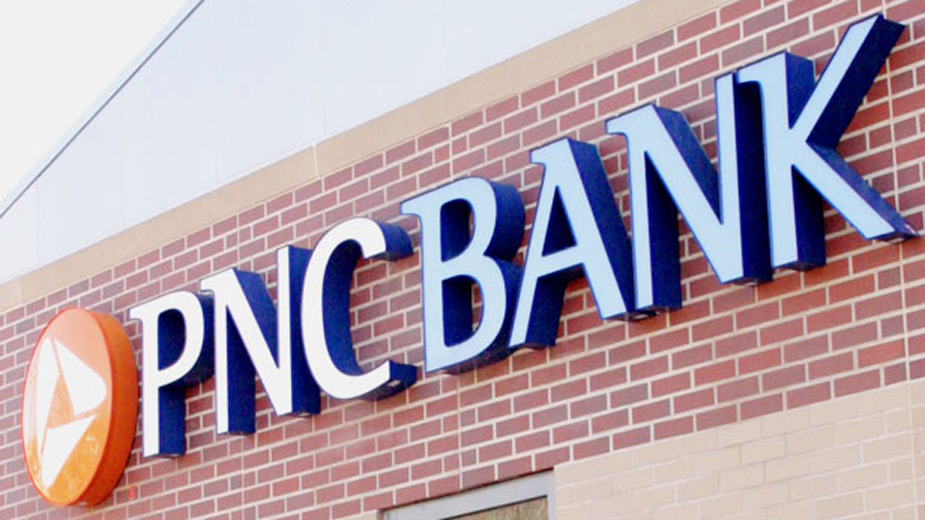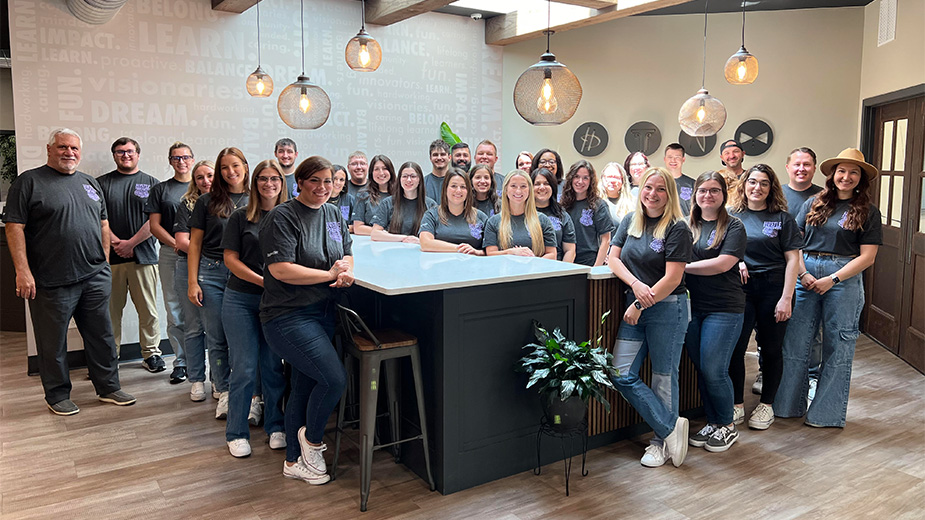Survey Shows Optimism of Small Business Owners
PITTSBURGH, Pa. – Despite inflationary pressures, supply chain disruptions and political and geopolitical uncertainties related to the national and local economies, nearly half of small and mid-size business owners and executives remain optimistic.
The survey by PNC Financial Services concluded Aug. 8 and showed that business leaders’ expectations about their own companies remain strong with 49% feeling highly optimistic, which was similar to the spring survey.
However, the number feeling pessimistic has risen to 7% from the historic 20-year low of 2% in the spring.
Business leaders are not as optimistic about the national economy with only 22% highly optimistic, 54% moderately optimistic and 23% pessimistic.
Top concerns among owners and executives are inflation and the impact of price hikes with 63% of businesses surveyed planning to increase prices as a result. Of those expecting to raise prices, 36% expect to raise consumer prices by 5% or more over the next year, which is up from one in four last year. A year ago, 38% planned to raise prices, a historic high for the survey.
The rational for price hikes have shifted from an effort to keep up with rising non-labor costs, 38% now compared to 63% last spring, to favorable market conditions, 44% now and 22% last spring. Fewer than a fifth point to rising labor costs and other factors include price pressures on their businesses, elevated supplier costs and capital spending.
Seven in 10 indicate they are making other adjustments to address higher inflation, including increasing efficiency, cutting costs or managing cash flow. Nearly seven in 10 fear a recession as likely in the next 12 months.
“This survey demonstrates that business owners see conditions as generally still solid despite concerns over high inflation,” said PNC Chief Economist Gus Faucher. “The business leaders surveyed are indicating that they are now increasing prices because they can, rather than because they have to. This reflects continued strong demand across the economy, despite higher interest rates.”
Faucher adds that PNC views the likelihood of recession as low in the near term, but believes there is an elevated 45% probability of recession over the next two years.
The survey also found that nearly half, 47%, of business owners have been affected by supply chain disruption concerns. Strategies businesses are using to counteract supply chain concerns include broadening the supply base, 33%; stockpiling inventory, 27%; price hikes, 20%; shifting sale or deliver commitments, 17% and creating exclusive supplier relationships, 14%. Four in 10 are relying on supply timelines to get better in the next six months.
Additionally, while fewer business owners are facing staff shortages, the number is still four in 10, which has led to 49% of businesses increasing overtime or workloads for existing employees and a third relying on owners or managers to cover staff hours. A third of the businesses are also sourcing their labor sources through temporary or gig employees and 22% are adding technology or automation.
Finally, the survey indicates four in 10 business expect to increase employee compensation, which is up from 30% of those surveyed in the spring. Those expecting to increase compensation are 53% of manufacturing employers; 39% in the service industry; 36% in retail and 35% in construction.
The PNC Economic Outlook survey was conducted by telephone between July 5 and Aug. 8 with the 500 interviews conducted nationally among small and mid-size businesses with self-reported revenue of $100,000 to $250 million.
Copyright 2024 The Business Journal, Youngstown, Ohio.


